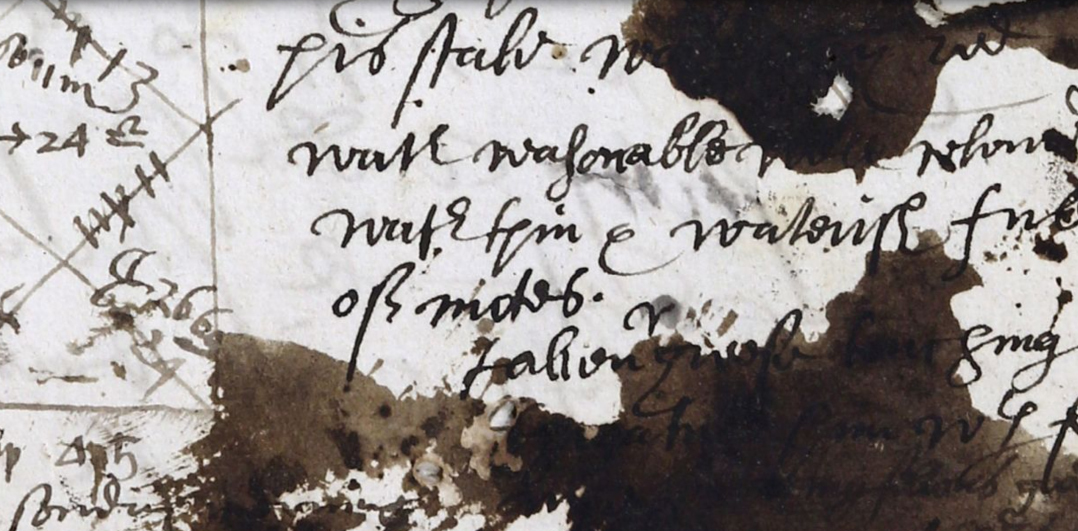
Historians of science and medicine in collaboration with computer game developers have demonstrated the value of historical research to the creation of ground-breaking game narratives, establishing new models for how academics can collaborate with the gaming industry.
Lauren Kassell’s research on the casebooks of 16th-century astrologer Simon Forman formed the basis of the genre-pushing Astrologaster, with the game developer Nyamyam. It has delivered historical research to new audiences, having been purchased by over 800,000 people.
Helen Anne Curry’s research on amateur plant breeding provided content for Seed, an award-winning virtual reality experience by developer All Seeing Eye. The game engages wider audiences in the history and science of plant breeding, encourages games developers in science-based gaming and novel forms of collaboration, and demonstrates to scientists the potential of games for communicating ideas.
In both cases, historical scholarship led to innovative and academically informed game content. In turn, the games have generated sales revenue and prize funding for the partner companies. Astrologaster has been part of a games bundle that has generated over $8 million for racial justice charities.
“Astrologaster is the first game to be developed in dialogue with a historical research project. It establishes a new model for making games. The industry is concerned about a tendency towards homogeneity. Interactions like this one foster the production of innovative work.”
– Jennifer Schneidereit, developer at Nyamyam


